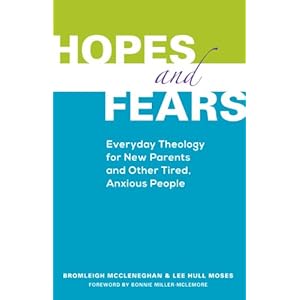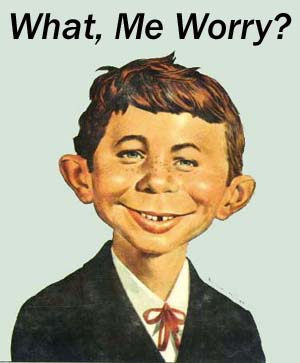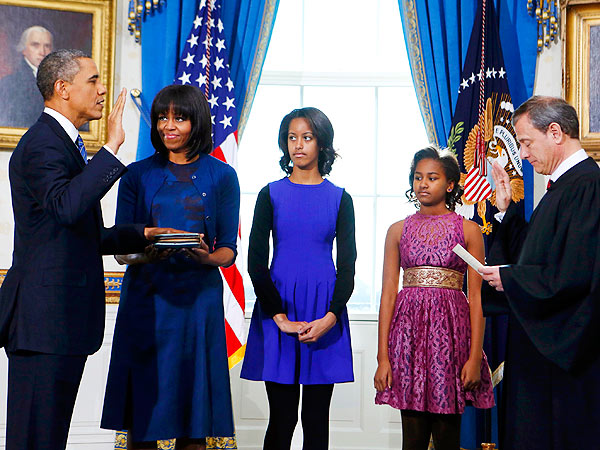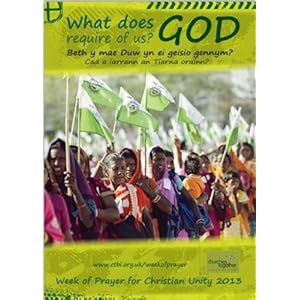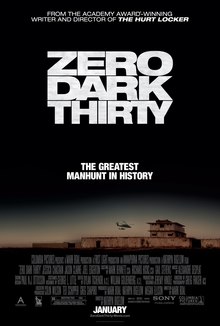
Recently a bible study member asked whether the Old Testament story we were reading was literally true or an "urban myth." I responded, as I often have, that the United Church is not literalist in its approach to scripture. That doesn't mean we dismiss the narrative of scripture as not true, or a collection of urban myths. I suggested that the canon or collective books of The Book were gathered because they speak deep truths to us, despite the truly puzzling and disturbing parts, and our struggles at times to comprehend context. We are to neither dismember scripture as liberals tend to do, or embalm it as the conservatives are inclined. This is the observation of Gilbert Highet, and I agree.
Instead we receive the story of God's steadfast love and deliverance. We wrestle with it and embrace it, as we can. We allow it to be our Christian narrative, rather than a rule book or an architectural outline for "God's wonderful plan for your life" and we enter into the story of transformation. I choose to accept the arch of this story, even if don't read it all literally. Actually I do see the bible as mythological, but not in the sense of a "tall tail" or a false story. In the deeper sense myths are the cultural narratives which shape our perception of the world, and my life would not make sense without the bible.
All this as a preamble to an interesting article in the New York Times called Has Fiction Lost It's Faith? about how faith is or isn't represented in fiction these days. I love fiction as a way to ponder the meaning of my existence, but I do notice that faith is nearly always dismissed, or demeaned in the societal narrative these days. There are some wonderful fiction writers, including Marilynne Robinson, who write of faith in their characters lives in a profound and honest way, but they are fewer and farther between. http://www.nytimes.com/2012/12/23/books/review/has-fiction-lost-its-faith.html?pagewanted=all&_r=1&&pagewanted=print
Are you a fiction reader? Is your reading simply entertainment, or a window on deeper truths? Do you appreciate the narrative aspect of scripture -- Leviticus and a few other books aside? Can you accept the tension between an non-literal reading of the bible and the life-changing value of its message?

